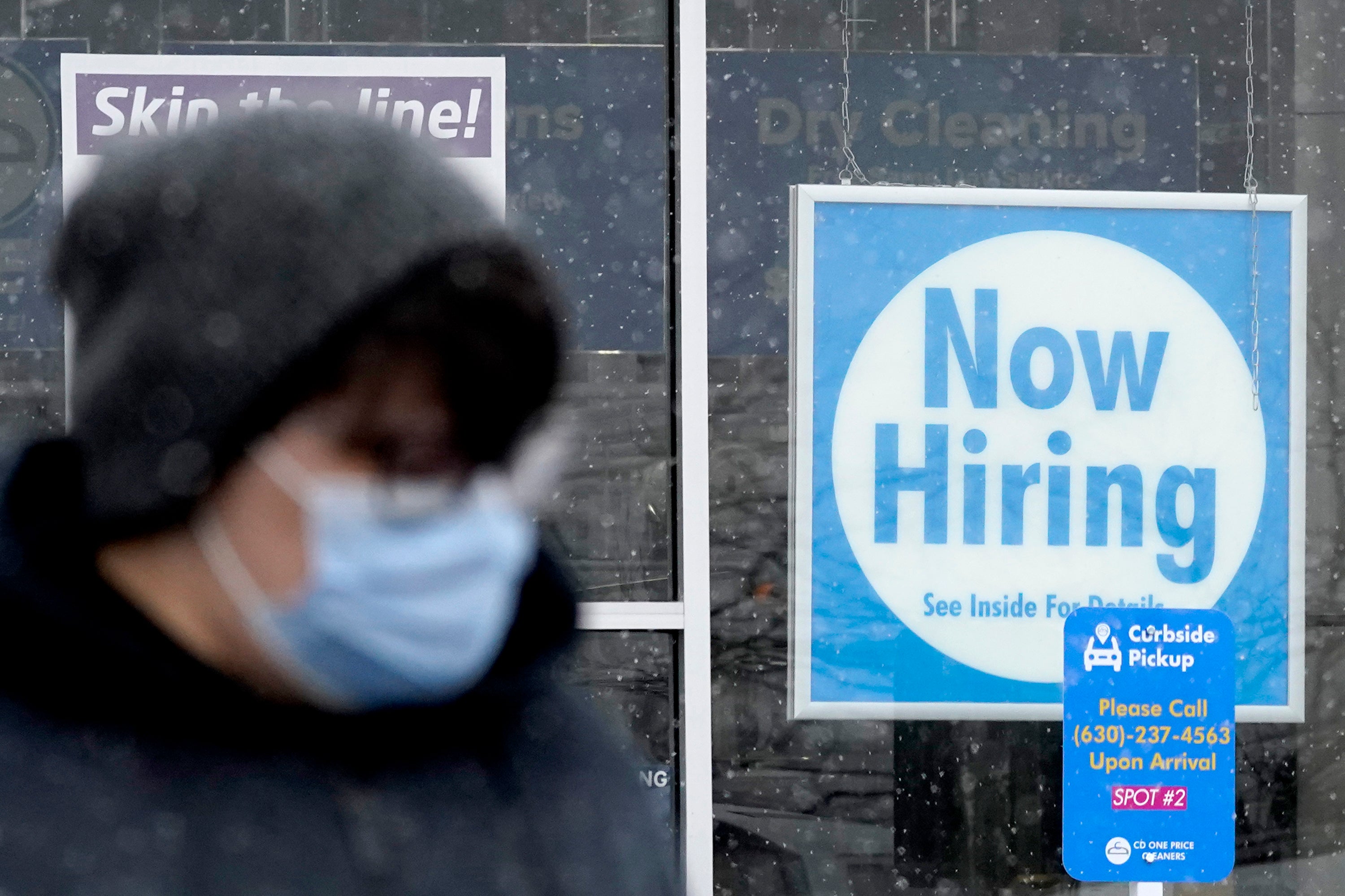Women disproportionately suffering under furlough, study finds
Campaigners call for policies which acknowledge Covid crisis worsening gender inequality

Women are disproportionately suffering under the government’s furlough scheme due to being over-represented in low-paid precarious jobs, according to a new study.
Research, carried out by the Global Institute for Women’s Leadership at King’s College London, found women were more likely to be furloughed for longer stretches of time than men.
Campaigners called for the government to implement policies which acknowledge the Covid crisis is worsening gender inequality and stop women bearing the brunt of the pandemic’s economic fallout.
In July last year, 31 per cent of women who had been furloughed at some point in the pandemic had worked zero hours since March, in comparison with 20 per cent of men who have been furloughed.
The furlough scheme, which sees the government fork out up to 80 per cent of wages for employees whose jobs have been hit by lockdown measures, has been extended on a number of occasions and is now set to end on 30 September 2021.
Researchers, who examined the experiences of furloughed workers between April and July last year, found women who had been put on furlough had greater concerns about their job security than men.
Women were eight percentage points more likely than their male peers to consider the possibility that they would be made redundant at greater than one in five.
Dr Rose Cook, of King’s College London, said: “The furlough scheme has undoubtedly prevented mass job losses.
“However, our results suggest that in 2020, once furloughed, women were disproportionately furloughed for longer periods, and had worse perceived job and financial security than their male peers.
“This provides yet another example of why gender-sensitive policymaking is needed to prevent women losing out even further than they already have from the impacts of pandemic.”
Researchers warned the difference between how women and men are faring under furlough is likely to be due to the scheme being rolled out in sectors which have been most badly damaged by the Covid crisis, where women are over-represented such as accommodation and food services and the arts and entertainment industries.
While being forced to shoulder the burden of childcare and homeschooling, coupled with the fact women are more likely to work in low-paid, precarious jobs, could also be compounding the situation, the study said.
Some women who were furloughed when the pandemic first hit the UK in March last year may have not been able to go back to work due to childcare and homeschooling duties so might have stayed on furlough for longer periods, researchers noted.
Dr Mary-Ann Stephenson, director of the Women's Budget Group, a network of academic researchers and policy experts that analyses government policy from a gender perspective, told The Independent: “We are seeing data showing how women are bearing the brunt of the impact of Covid on a daily basis.
“Whether it is furlough, job losses, unpaid work we know what the problem is. What we need now is action. The budget last week was a missed opportunity to take that action. Government needs to look at how the pandemic is disproportionately impacting women in their policy formulation.”
The study suggested ministers decision to roll out a “blanket response for all industries and workers” for the furlough scheme overlooks “highly sectoral and gendered impacts” of the public health emergency.
Being on furlough for a lengthy period of time while receiving “low levels of pay” is likely to harm “women’s long-term prospects, employability, wellbeing and living standards”, researchers added.
The findings come after last Autumn it emerged around 133,000 more women were furloughed than men across the UK during the first wave of coronavirus.
Research by Women’s Budget Group discovered women constituted the majority of furloughed workers in every part of the UK other than the West Midlands. More women than men were placed on furlough in the wake of the pandemic in 72 per cent of parliamentary constituencies. While women constituted 52 per cent of all workers put on furlough across the UK from March to August.
Subscribe to Independent Premium to bookmark this article
Want to bookmark your favourite articles and stories to read or reference later? Start your Independent Premium subscription today.

Join our commenting forum
Join thought-provoking conversations, follow other Independent readers and see their replies